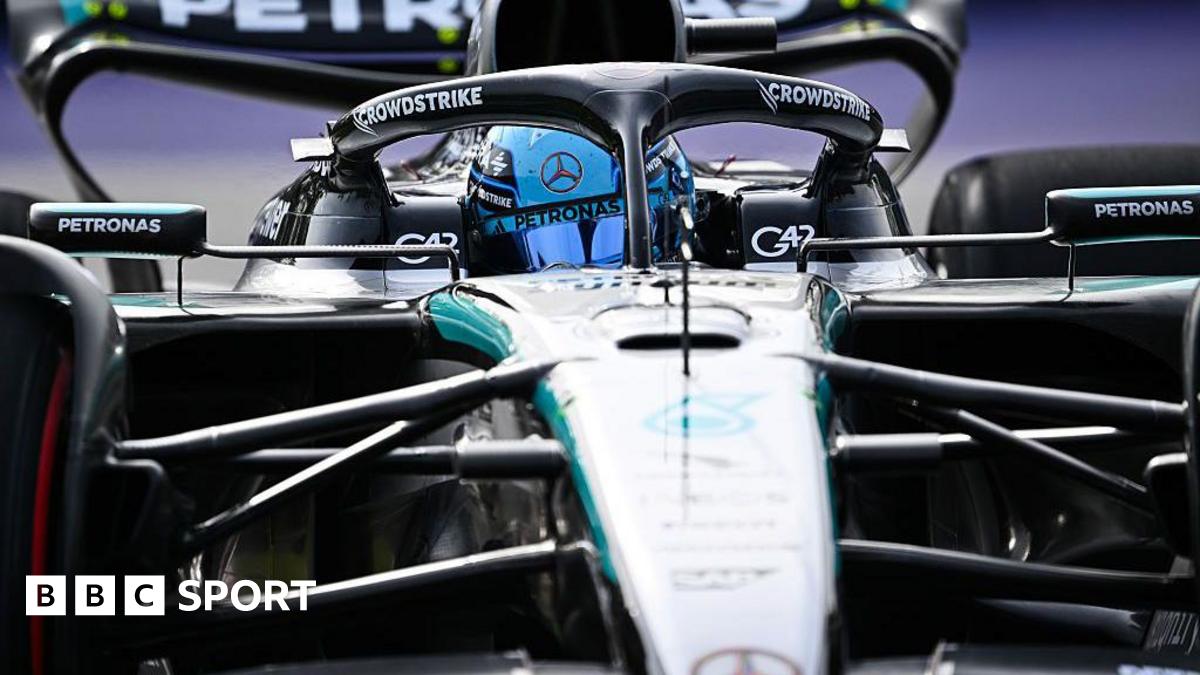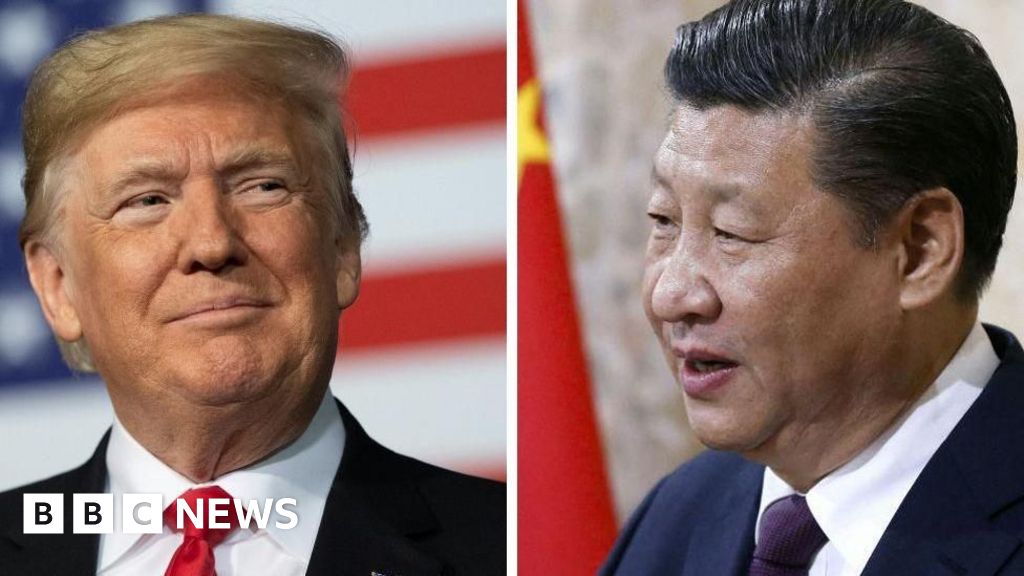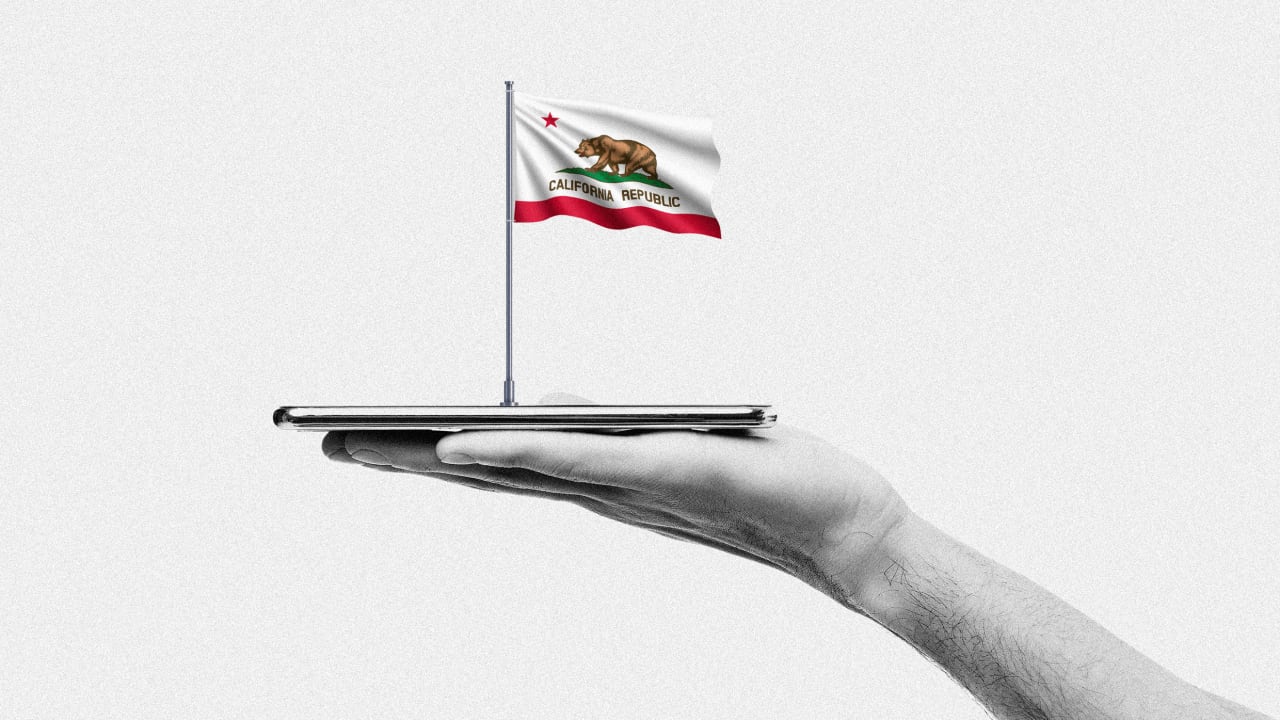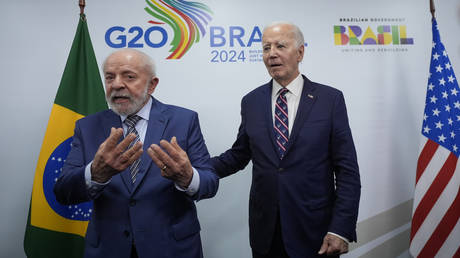Trump’s ‘gold card’ visa scheme is pure gilded nonsense
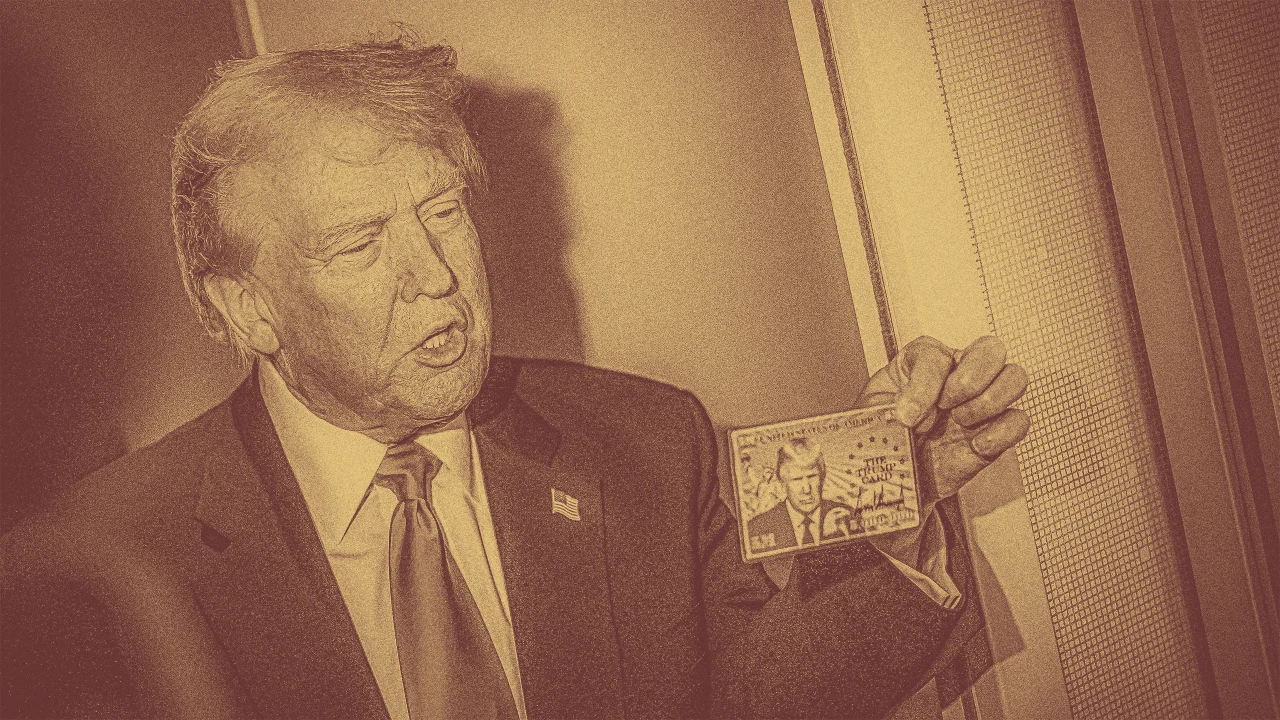
President Donald Trump announced, back on February 25, that his administration would soon debut a “gold card,” an immigration program that would allow wealthy foreigners, for the low, low price of $5 million, to become lawful permanent residents of the United States. At the time, Trump touted the program as a “great” and “fantastic” revenue generation strategy that would help reduce the national deficit, which approached $2 trillion during the most recent fiscal year.
“Wealthy people will be coming into our country by buying this card, they’ll be wealthy and they’ll be successful, and they’ll be spending a lot of money and paying a lot of taxes and employing a lot of people,” Trump said. He told reporters that gold card buyers would not be required to pay tax on their income outside the United States; that the program was “totally legal” and “all worked out from the legal standpoint”—and that he expected it to go live within two weeks.
“Two weeks,” confirmed Department of Commerce Secretary Howard Lutnick, standing behind Trump in the Oval Office. When Trump estimated that the government could raise an easy $5 trillion by selling “maybe a million” gold cards, Lutnick was unable to suppress a chuckle of delight. “Wow!” he said.
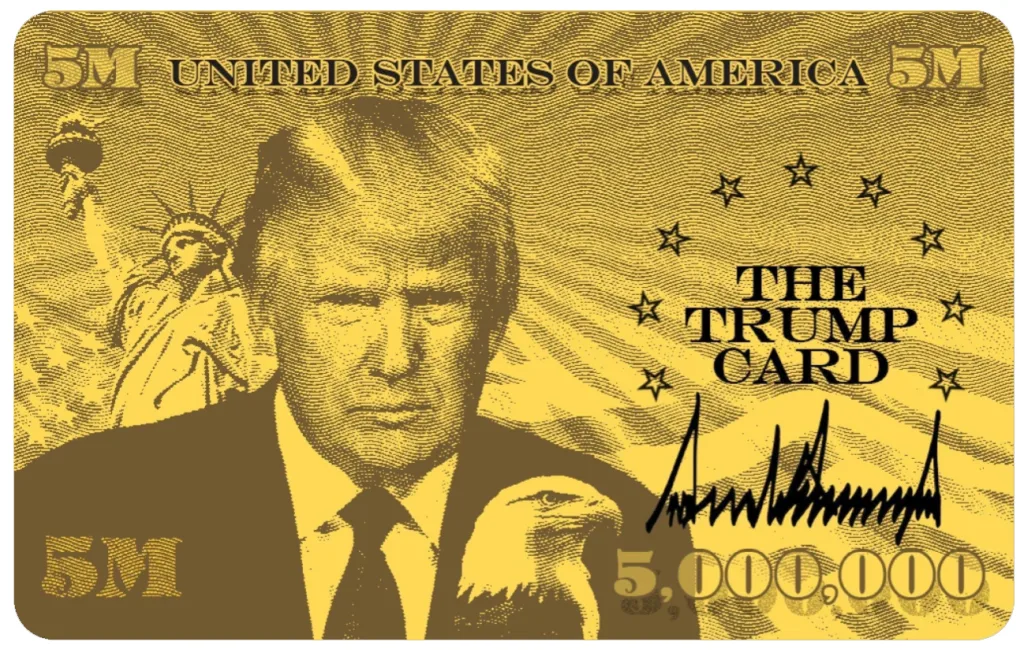
Today, though, anyone hoping to relocate to a budding police state where riot cops might shoot you point-blank for looking at them is still waiting for the chance to cut a check. In mid-March, Lutnick said during a podcast interview that gold cards would be available in “about two weeks,” and claimed he’d presold 1,000 already. (I assume these sales, to the extent they exist, are handshake deals, since the alternative would involve the Secretary of Commerce personally collecting $5 billion and stashing it God knows where.)
On April 3, Trump showed reporters a physical gold card bearing his scowling face and seismogram signature, and (again) said it would be out in “less than two weeks.” But the delays kept coming.
On April 11, Lutnick announced that gold cards would be available “within a week and a half.” On May 21, he moved the goalposts even further, revealing that a website where “people can start to register” for gold cards would be online in “about a week.”
On Thursday—three weeks after that update, for those keeping score—TrumpCard.gov at last went live. Trump celebrated the launch on Truth Social as a way to “ride a beautiful road in gaining access to the Greatest Country and Market anywhere.”
On Fox Business, Lutnick claimed to have logged 25,000 sign-ups in 15 hours. But he also acknowledged that these are waiting list spots, and that the administration is still “getting everything set up.” The website itself most closely resembles an especially lazy phishing attempt; its only content is a contact submission form assuring prospective buyers that the gold card is “coming,” and urging them to provide their email addresses to “get notified the moment access opens.”
The White House’s struggles to get this initiative off the ground demonstrate just how unprepared Trump is for the basic work of governing, on the rare occasions that he expresses any interest in engaging in it. A key part of his pitch to voters has always been that, as an outsider to politics, only he has the Business Guy Mindset necessary to transform the federal government from a bureaucratic morass into a slickly branded, profitable enterprise. But fulfilling his more ambitious promises is always harder than he expects. As a result, an idea that Trump once suggested would single-handedly wipe out this country’s $36 trillion national debt is, four months later, still taking the form of a bare-bones website that looks like it is soliciting interest in a new over-the-counter erectile dysfunction medication.
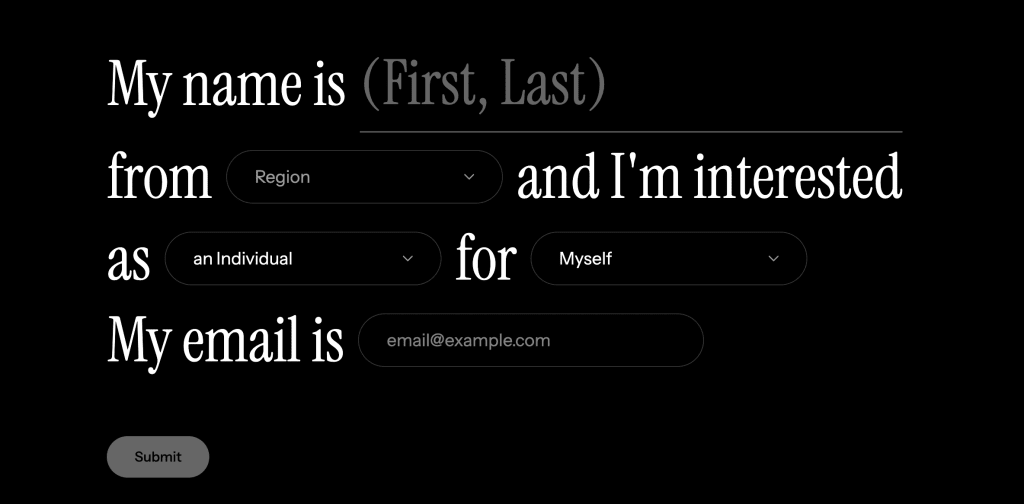
At the announcement earlier this year, Trump explained that gold cards would replace the existing EB-5 visa program, which allows immigrants to obtain green cards if they invest at least $800,000 (and usually more) in a new business, and create at least 10 full-time jobs in the United States. In a Cabinet meeting, Lutnick clarified that the gold card program would technically “modify” the EB-5 visa program, allowing buyers to obtain a “license” from the Department of Commerce that would entitle them to make a “proper” EB-5 investment. In response to a question from reporters, Trump asserted that the program does not require legislation because it allows buyers to obtain lawful permanent resident status and a “very strong path to citizenship,” but does not directly confer U.S. citizenship.
In news I am sure will astonish you, Trump and his handlers do not appear to have a firm grasp on the legal intricacies here. Congress, not the president, has the authority to create, modify, or end visa programs like EB-5. Federal law limits EB-5 visas to around 10,000 per year, which is of course nowhere near the million units Trump and Lutnick imagine selling in short order. The amount of the required capital investment, too, is set by statute, and nothing in the law would allow Trump to increase it to $5 million just because he feels like it. His distinction between programs that confer citizenship and programs that only confer lawful permanent resident status is nonsensical, as is Lutnick’s reference to a “license” from the Department of Commerce. Depending on what he has in mind, Trump’s promise that gold card holders will enjoy some form of VIP treatment—“green card privileges plus,” he called it—probably also hinges on Congress’s willingness and ability to pass a law to that effect.
Absent congressional action, Trump’s best bet for making this work might involve using his statutory authority to allow gold card buyers to enter the United States on the grounds that doing so entails a “significant public benefit,” since a willingness to fork over $5 million to the Treasury Department arguably qualifies as such. But this status—the product of a legal process known as parole—is typically temporary, and is not even considered a form of “admission” to the United States. It also would not make gold card buyers lawful permanent residents or give them a path to citizenship, which are things that people who pay that much would reasonably expect to get in return. Given that the Trump administration has spent the last several months gleefully repudiating the very concept of parole, I understand not wanting to pay seven figures for the right to be in the country for as long as Stephen Miller feels like allowing it.
The lingering uncertainty around the program’s specifics has resulted in a gold card market that is likely cooler than Trump might have imagined. Earlier this month, NPR interviewed several immigration attorneys who said they’d fielded inquiries from wealthy foreigners who are eager to pay up—which is, to be fair, exactly what I would say if I were an immigration lawyer contacted by a national publication for comment about a program aimed at potential clients who have at least $5 million in cash.
Other experts, though, told NPR they anticipate sales in the low thousands; one explained that callers often lose interest once they find out that the $5 million is not an EB-5-style investment that they might recoup, but a de facto donation to the U.S. government. (As London School of Economics professor Kristin Surak points out, if you’re a rich person looking to pick up another passport, why pay $5 million for a glorified green card when you can buy Maltese citizenship, and thus the right to live anywhere in the European Union, for about a fifth of the cost?) Nuri Katz, a Canada-based immigration consultant, told Bloomberg that he would expect a grand total of “50 to 200” applicants for Trump gold cards; more recently, in Forbes, he hypothesized that the White House is “backpedaling” on the proposal because it realized it would “have to expend a lot of political capital in order to get this done.”
Perhaps there was a time when more than a handful of people might have been interested in ponying up for “green card privileges plus,” whatever that may entail. But regardless of the legal form that Trump gold cards eventually take, the basic challenge of selling them will be that that they are branded with the face of an unabashed xenophobe whose administration is waging a global trade war, trying to bar foreign-born students and academics from entering the country, torpedoing international educational exchange programs, attempting to end birthright citizenship, and snatching noncitizens (and sometimes citizens) off the streets. Chances are that if you are privileged enough to be able to pay $5 million for the right to live in the United States, you are wise enough to decide that that money is better spent on something else.
What's Your Reaction?
 Like
0
Like
0
 Dislike
0
Dislike
0
 Love
0
Love
0
 Funny
0
Funny
0
 Angry
0
Angry
0
 Sad
0
Sad
0
 Wow
0
Wow
0




































